I'm not gonna lie: unless major companies in this world change their practices, the future of our planet looks pretty grim. Already there have been many consequences from the expansion of humankind, including extinction of animals and plants, change in the atmosphere and climate, as well as depletion of resources.
That being said, I still think it is important to take responsibility for ourselves and take precautions into our own hands to help as much as we can. There are many simple ways to help the Earth, some I'm sure you've heard repeatedly and others you may never have heard before.
These are just a few simple ways you can help our planet last longer:
Reusable water bottle
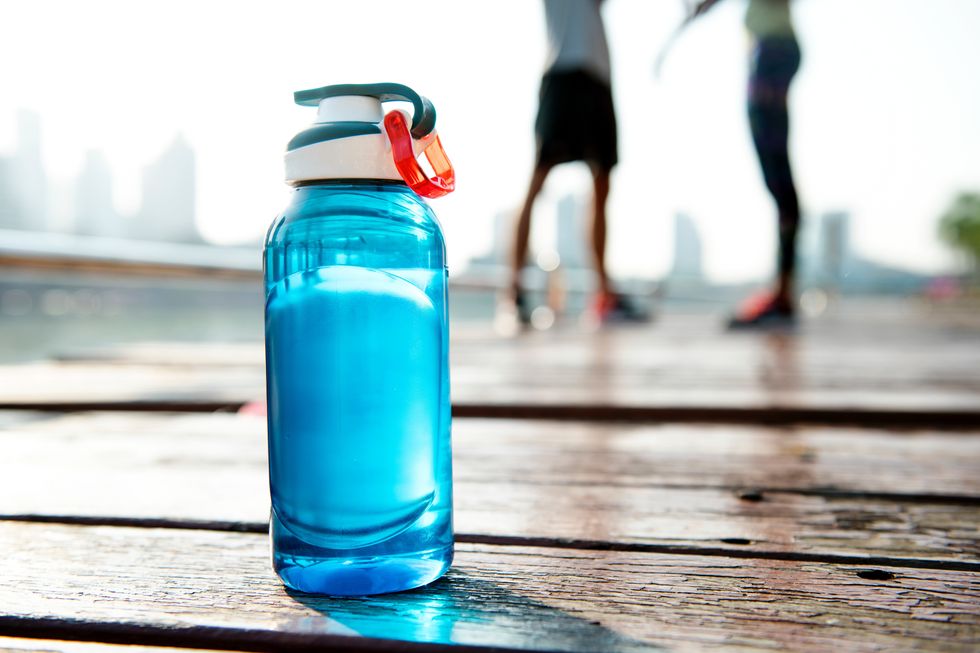
Not only is using a reusable water bottle good for the environment, but it's also good for you. Using these bottles instead of a plastic bottle cuts down waste because let's face it - not everyone recycles. Using a reusable water bottle also cuts down on the amount of litter.
Also, the plastic used to make plastic water bottles have chemicals that can contaminate your water when left in the heat or just for long periods of times. Save the planet, and yourself, the troubles and get a reusable water bottle - and maybe a Brita.
Use Ecosia instead of Google
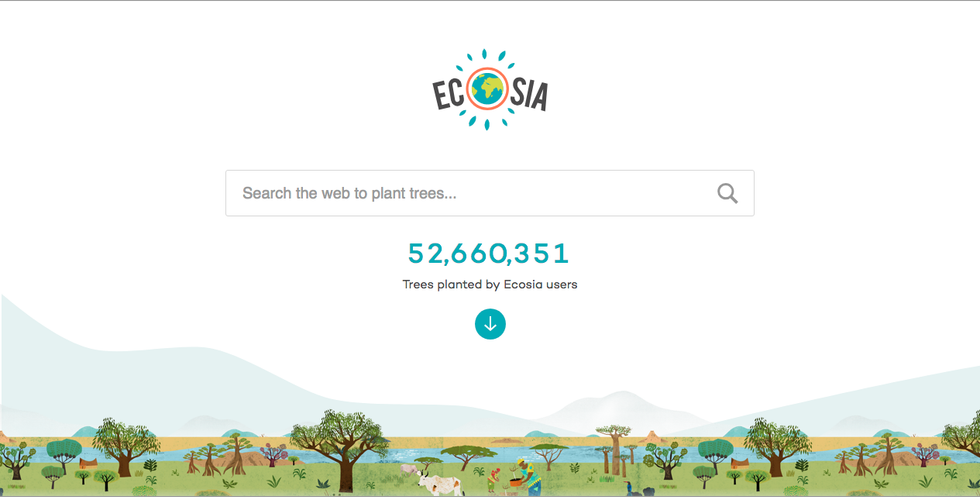
I learned about this website a couple of years ago and got the rest of my family to use it too.
What's special about this site is that Ecosia takes the profit they gain from users and put that money towards planting trees around the world. Right now as I'm writing this, Ecosia has 7 million users and has planted 52 million trees! And all you have to do is use your computer!
They say around 45 searches plants one tree, and over the years I have helped plant 838. You can set this search engine as your default search engine so you don't have to worry about pulling it up every time.
Cut down on the amount of meat products you consume
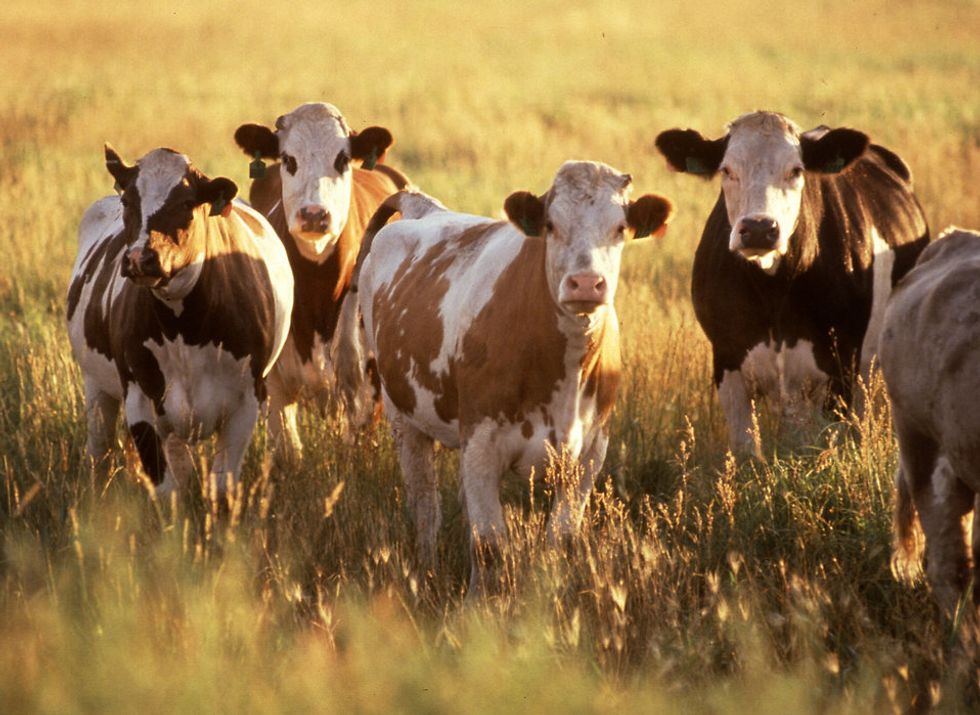
I will start by saying no, this doesn't mean you don't have to go vegetarian or vegan. But cutting back on your consumption of meat products can greatly help the Earth.
Cows and other livestock play a huge part in the increasing carbon dioxide levels in the atmosphere. First, you have emissions released when transporting the animals, plus the gases the animals create by themselves. Second, cow rearing for consumption contributes to deforestation levels, as trees get leveled to make fields for livestock.
There are many effects just from consuming these meats on a daily basis, but the biggest is that it is affecting our climate and pollution levels. Climate change is becoming more serious, whether people want to believe it or not.
Reusable straws

Again, plastic straws lead to more waste that we can easily prevent. They harm the animals on land and in the oceans. If you are on Twitter, I'm sure you've heard that straws are killing the sea turtles. Even though straws are a tiny proportion of the waste in the oceans, they are small and can be easily eaten by fish. My school has stopped giving straws to students after the campaigns last year. It's a small step but in the right direction. You can buy cute and cheap reusable straws on Amazon right now.
LED lightbulbs
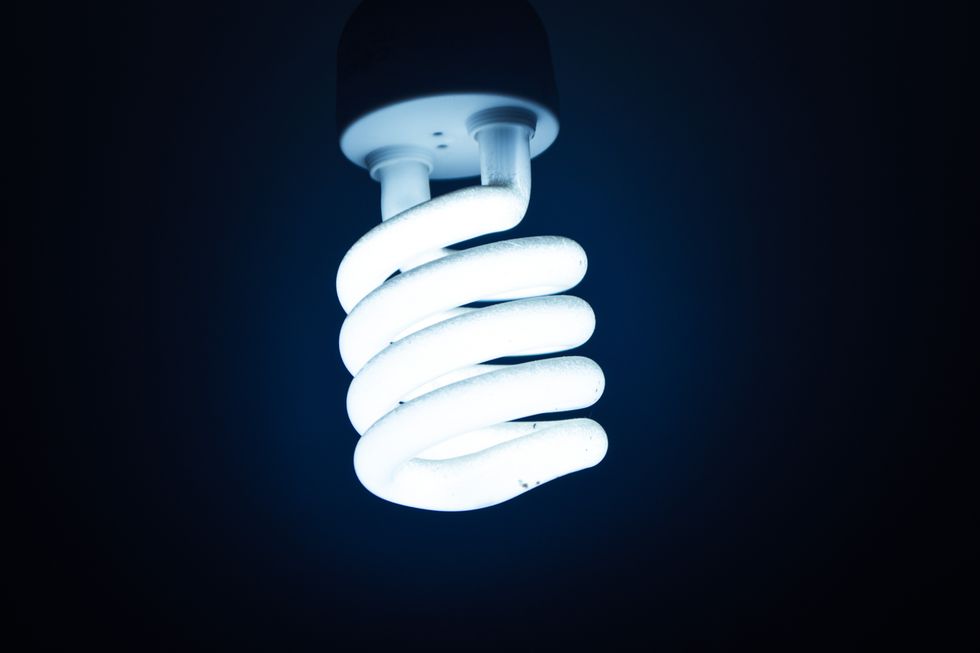
LED light bulbs are way more efficient than regular light bulbs and contain less toxic chemicals. Solar Electric Power Company says:
LED lights are up to 80% more efficient than traditional lighting such as fluorescent and incandescent lights. 95% of the energy in LEDs is converted into light and only 5% is wasted as heat. This is compared to fluorescent lights, which convert 95% of energy to heat and only 5% into light!
Although you may not be able to replace your main lights in your dorm room, be sure to use LED light bulbs for your desk lamp.
Recycle!
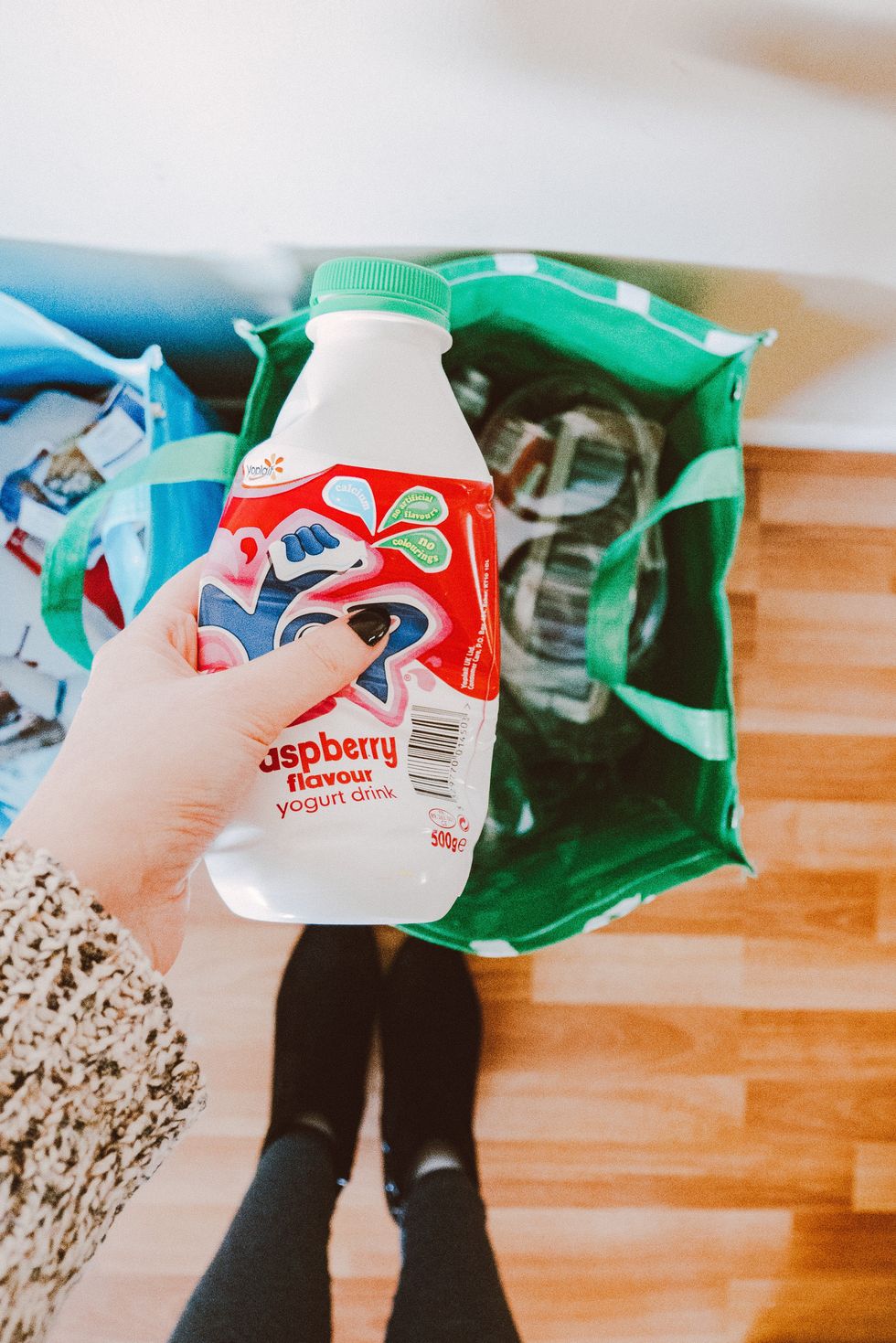
Everyone should be doing this by now! It's so important and easy to do. Right off the bat, cans, bottles, and paper should go right in the recycling bin. If you're not sure if an item can be recycled, just look it up - it will take less time for you to figure it out then it will for the item to decompose in the earth. "Save on Energy" provides great diagrams on how long it takes for trash to decompose.
Composting
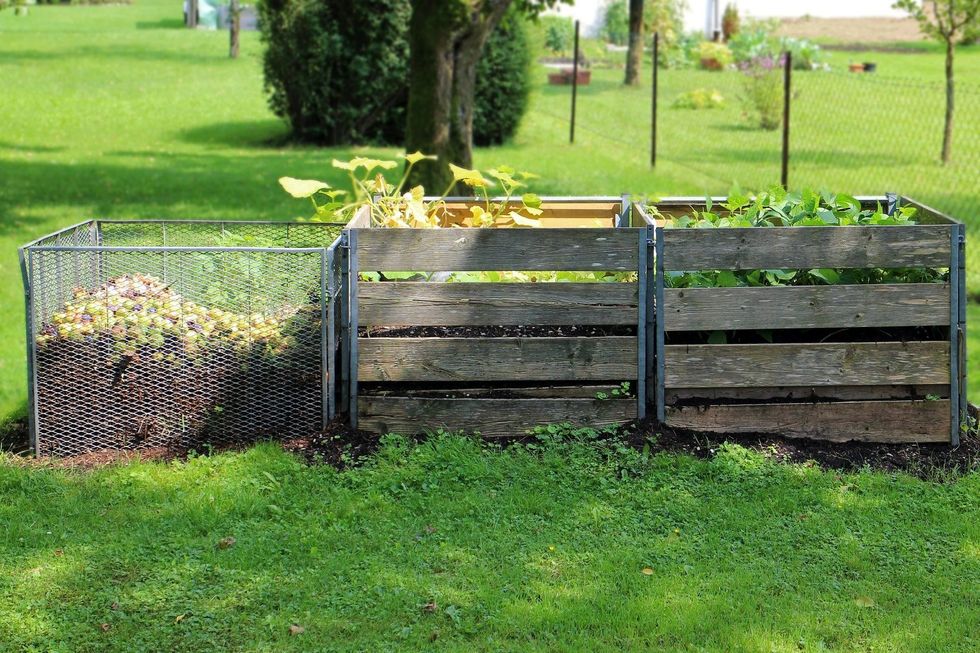
Some might not be as familiar with this concept as recycling, but it's just as important. According to the EPA (Environmental Protection Agency):
Composting is organic material that can be added to soil to help plants grow. Food scraps and yard waste together currently make up about 30 percent of what we throw away, and should be composted instead.
I know in my residential hall and throughout campus, there are composting bins just like recycling bins. Use these, please! They are not just decoration. Some things the EPA state can be composted are dead leaves and plants, and food scraps such as fruit and vegetables.
Real forks, knives, and spoons
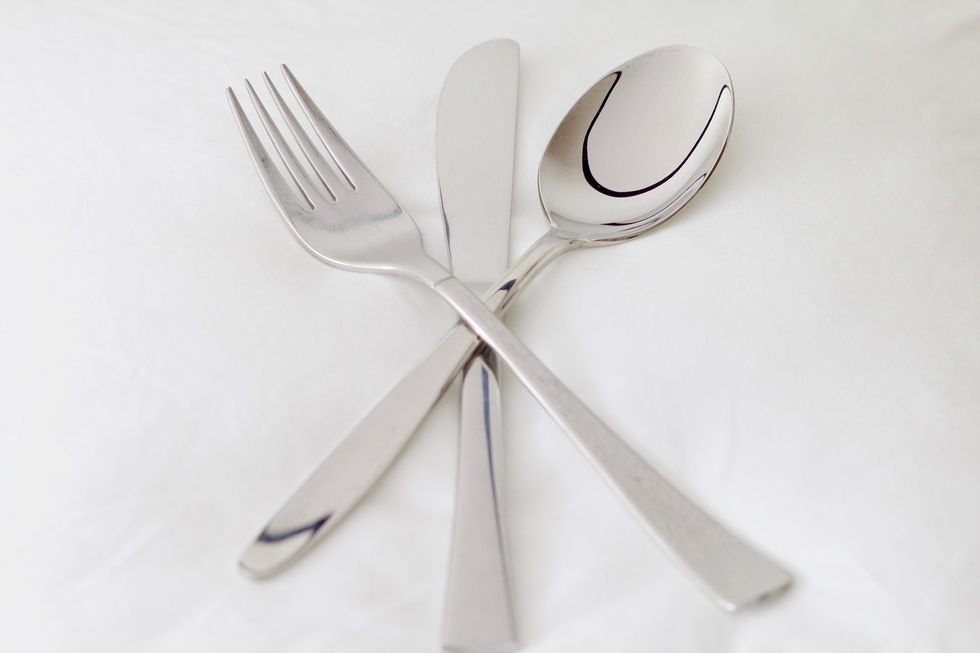
College life is tough, I get that, and the last thing you want to do is wash dishes. But using real forks and spoons cuts down on all the extra plastic we throw away daily. I bought cheap silverware for a dollar a piece at Target to keep in my kitchen. That way I don't have to worry anymore about buying plastic knives, forks, and spoons. Having plates, and bowls are good too, and since you are usually preparing food for one, the amount of time to wash your dishes is minimal!
Reconsider how you're living your life right now and think about the easy ways you can change your habits to start benefiting the earth.



















